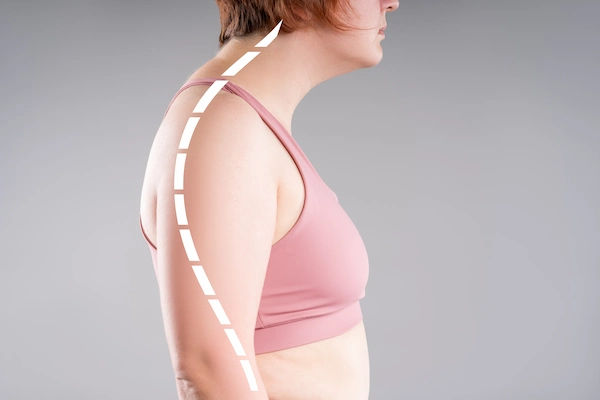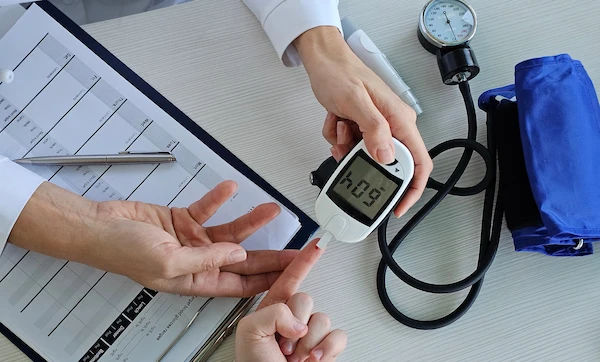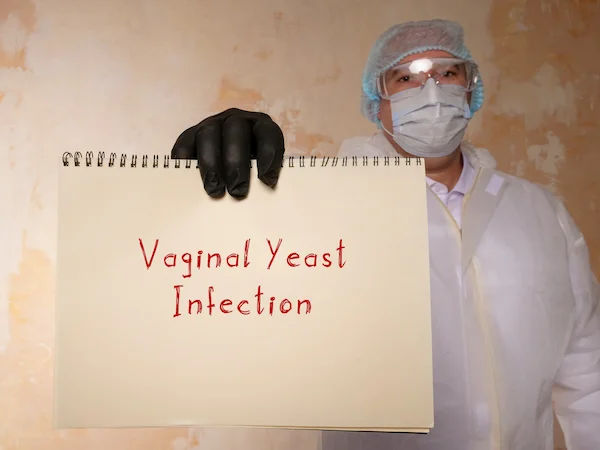Understanding Polyps in the Uterus
Explore what uterine polyps are, their causes, symptoms, and treatment options. Understand how they can affect fertility and menstrual health.


Polyps in the uterus, also known as uterine polyps or endometrial polyps, are small, soft growths that develop on the inner lining of the uterus (endometrium). While they are usually non-cancerous (benign), they can sometimes cause discomfort or health concerns. If you’ve been diagnosed with uterine polyps or suspect you might have them, this article will help you understand what they are, their symptoms, causes, and how to manage them effectively.
What Are Uterine Polyps?
Uterine polyps are overgrowths of the endometrial tissue, which forms the inner lining of the uterus. They vary in size—from as small as a sesame seed to as large as a golf ball—and can be single or multiple. While most polyps are harmless, some may lead to complications like irregular bleeding or fertility issues.
Who Is at Risk?
Uterine polyps are more common in women:
Between 40-50 years of age (perimenopausal or postmenopausal).
With hormonal imbalances (high estrogen levels).
Who are overweight or obese.
Taking hormone therapy (like tamoxifen for breast cancer).
With high blood pressure (hypertension).
Symptoms of Uterine Polyps
Many women with uterine polyps may not experience any symptoms. However, when symptoms do occur, they may include:
Irregular menstrual bleeding (heavier or longer periods).
Bleeding between periods.
Postmenopausal bleeding (if you’ve already gone through menopause).
Difficulty getting pregnant (in some cases).
Pelvic pain or discomfort (less common).
If you notice any of these symptoms, it’s best to consult a doctor for further evaluation.
Consult Top Specialists
Causes of Uterine Polyps
The exact cause of uterine polyps is not fully understood, but they are linked to:
Hormonal factors: Excess estrogen can stimulate the growth of the uterine lining, leading to polyps.
Chronic inflammation: Long-term irritation of the uterus may contribute.
Genetic factors: Some women may have a higher risk due to family history.
How Are Uterine Polyps Diagnosed?
If your doctor suspects uterine polyps, they may recommend:
1. Pelvic Ultrasound: A transvaginal ultrasound helps visualise the uterus.
2. Hysteroscopy: A thin, lighted tube is inserted into the uterus to examine polyps directly.
3. Endometrial Biopsy: A small tissue sample is taken for testing.
4. Sonohysterography: A saline solution is injected into the uterus for a clearer ultrasound image.
Treatment Options
Not all polyps require treatment, especially if they are small and symptom-free. However, if they cause problems, treatment options include:
Medication: Hormonal medications (like progestins) may help shrink polyps.
Surgical Removal (Polypectomy): A hysteroscopy is used to remove polyps.
Hysterectomy: In rare cases, if polyps are cancerous or recurrent, the uterus may need to be removed.
Lifestyle & Management Tips
While you can’t always prevent uterine polyps, certain lifestyle changes may help reduce risks:
Maintain a healthy weight (obesity increases estrogen levels).
Eat a balanced diet (rich in fruits, vegetables, and whole grains).
Exercise regularly to regulate hormones.
Monitor hormonal medications (discuss alternatives with your doctor if needed).
Regular check-ups if you have a history of polyps or hormonal issues.
When to See a Doctor?
Consult a gynaecologist if you experience:
Heavy or prolonged menstrual bleeding.
Bleeding after menopause.
Difficulty conceiving.
Early diagnosis and treatment can prevent complications.
Book a Consultation with Apollo 24|7
If you suspect uterine polyps or need expert advice, you can schedule a consultation with a gynaecologist through Apollo 24|7. They offer advanced diagnostic tests and personalised treatment plans to ensure your health is in safe hands.
Conclusion
Uterine polyps are common and usually harmless, but they can cause discomfort or fertility issues in some cases. Understanding the symptoms and seeking timely medical advice can help manage them effectively. If you have concerns, don’t hesitate to reach out to a healthcare provider for guidance.
Consult Top Specialists
Consult Top Specialists

Dr. Karuna Ratwani
Obstetrician and Gynaecologist
11 Years • MBBS, MS( Obstetrics & Gynaecology), F.MAS, FICRS Advanced Diploma in Minimal Access surgery Fellow of International College of Robotic Surgeons Diploma in Reproductive Medicine, Kiel-Germany Masters in Cosmetic Gynaecology , Greifswald-Germany Masterclass in Obstetrics & Gynaecology Ultrasound ( ISUOG, UK)
Delhi
Apollo Hospitals Indraprastha, Delhi

Dr Jaya Kumar Agarwal
Obstetrician and Gynaecologist
25 Years • MBBS , DGO , DNB (obstetric and gynecology) DGE diploma in Gyne endoscopy (Germany )
Delhi
Apollo Hospitals Indraprastha, Delhi

Dr. Pavithra Ramakrishnan
Obstetrician and Gynaecologist
10 Years • MBBS, MS (OG), Diploma in Aesthetic (Cosmetic) Gynaecology
Chennai
Apollo Speciality Hospitals OMR, Chennai
(50+ Patients)
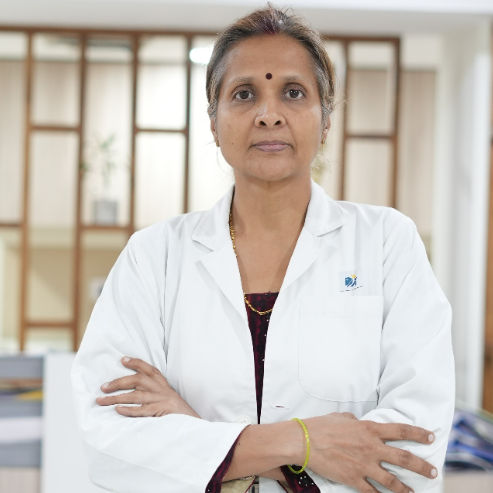
Dr Bhawna Garg
Gynaecological Oncologist
26 Years • MBBS, MS, (PGI MS ROHTAK) FELLOWSHIP GYNECOLOGY ONCOLOGY, (CANCER INSTITUTE CHENNAI)
Delhi
Apollo Hospitals Indraprastha, Delhi
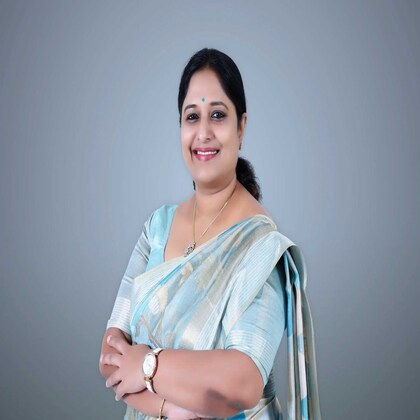
Dr. Elizabeth Jacob
Obstetrician and Gynaecologist
18 Years •
Angamaly
Apollo Hospitals Karukutty, Angamaly
(225+ Patients)

